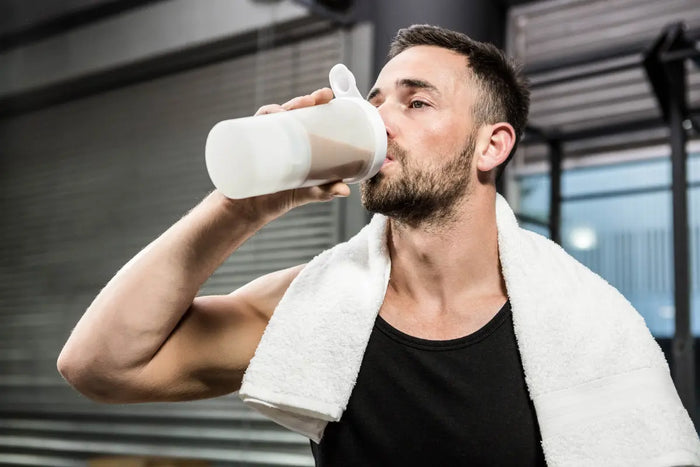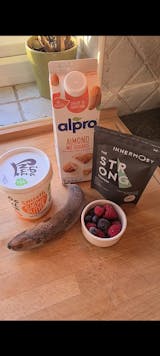Innermost was founded to inspire people to live their best lives through better health and wellbeing. Alongside ground-breaking nutrition products, the Innermost Series gives access and insight into health and fitness experiences that benefit both body and mind. Join us on social media to learn more and sign-up to our newsletter to be the first to hear about upcoming events.
Yoga Flow and Meditation with Lululemon
We're back at Lululemon Marylebone High Street with Event 2 of The Innermost Series. This time we have the incredibly talented Kirsty Gallagher and Stephen Marks. Kirsty will be leading us through a 40-minute mindful yoga flow class - a moving meditation with an emphasis on breathing, slowing down movement and going inwards into your own quiet space. Stephen will end the session with a 20-minute deeply relaxing Yoga Nidra - a powerful technique focused on learning to relax consciously.
Date: Sunday 10 December, 930-1030am
Hosted by: Lululemon, Marylebone High Street
Featuring: Kirsty Gallagher and Stephen Marks
This is a free event. Come as you are. No previous experience required. We have a capacity of 70 people. Come early to avoid disappointment. Can't wait to see you there.
Lululemon
Founded in Vancouver, Canada in 1998, lululemon athletica is a technical athletic apparel company for yoga, running, training and most other sweaty pursuits. Born from a love of daily sweat, the desire to innovate technical athletic gear and the appetite to build a community where you can live your best life.
Kirsty Gallagher
Kirsty Gallagher traded in a career in marketing for a life-changing journey to India spending 8 months immersed in a yoga lifestyle, studying under respected teachers and completing a Yoga Alliance certified teacher training before returning to the UK, where she has been teaching ever since. She is now a Lululemon ambassador and teaches regular classes, workshops and retreats in the UK, Europe and beyond, and has taught and presented at the British Yoga Festival, London Mind, Body, Spirit Festival, OM Yoga Show, Healing Ibiza and Wilderness.
She is a regular contributor to Yoga Magazine and Do You Yoga and has had articles featured in Yoga Life Dubai, Spirit & Destiny and a various online sites. Her retreats have been reviewed by Queen of Retreats and Yoga Magazine. With a style best described as dynamic vinyasa flow, her classes explore postures and sequences that build strength and flexibility, encourage balance and challenge both body and mind.
Stephen Marks
Stephen Marks suffered from a serious back problem that doctors said would prevent a return to active and impact sport. Surgery beckoned but Hatha Yoga intervened and after a long and patient road a slow return to normality ensued. First came the physical benefits. Next came the mental benefits focused around how yoga can be calming for the mind. Working more with the breath and meditative techniques that used yoga to help reduce stress, Stephen trained in Yoga Nidra - deeply relaxing sleep yoga techniques.
Stephen has been to over 80 countries exploring his love for yoga including India, Thailand, Bali, the Middle East, Central America, and Europe. He particularly likes to practice Flow and Yin and Hatha and has practiced with great teachers like Simon Low, David Sye and Les Leventhal.























